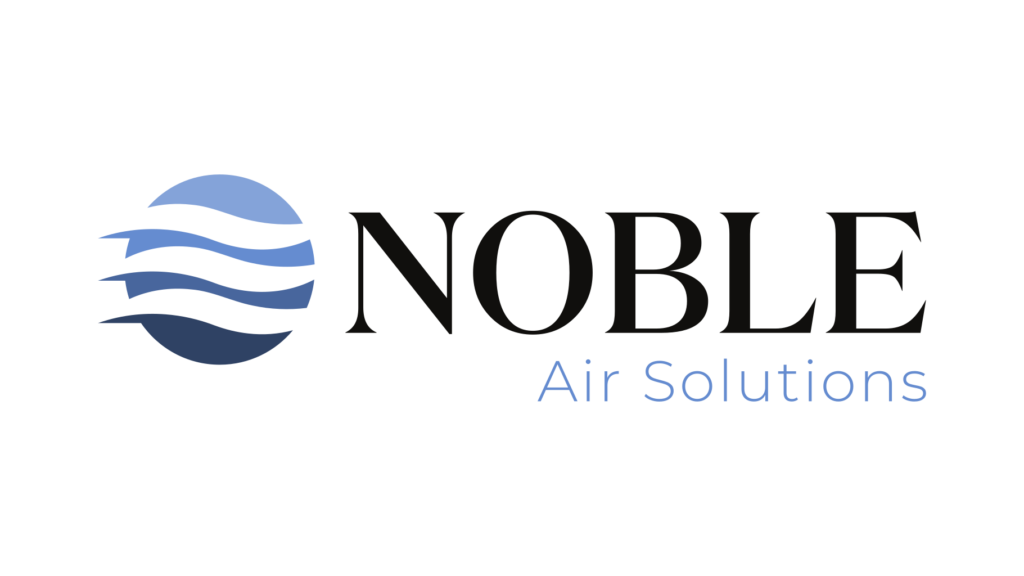Understanding the importance of energy efficiency when it comes to HVAC systems in Tallahassee is crucial for maximizing performance. HVAC system efficiency ratings, such as SEER ratings, play a significant role in determining the overall efficiency of your system.
By prioritizing energy efficiency, you can ensure that your HVAC system operates at its best, leading to increased energy savings and a positive impact on both the environment and your wallet.
In Tallahassee, there are specific performance standards in place for HVAC systems to promote optimal efficiency.
Meeting or surpassing these standards not only benefits the environment but also results in substantial cost savings on energy bills. Consistently focusing on energy efficiency, SEER Rating, EER Rating, COP Rating, and HVAC performance is key to enhancing the performance of your HVAC system and maximizing your energy savings.
Energy Efficiency
Energy Savings are a crucial aspect of modern living, not only helping individuals save on utility bills but also contributing to a more sustainable future.
Heating Efficiency and Cooling Efficiency are key factors in maintaining a comfortable indoor environment while minimizing Energy Consumption.
Understanding the Energy Star Rating system is essential for evaluating the efficiency of HVAC systems.
Proper maintenance, insulation, and airflow are all important considerations for improving in the home.
By prioritizing Energy Savings and investing in Energy Star-rated products, homeowners can make a positive impact on both their wallets and the environment.

SEER Rating
In the realm of HVAC systems, understanding efficiency standards is paramount to making informed decisions. Energy usage plays a significant role in the performance of these systems, with the SEER rating being a key indicator of thermal efficiency.
This rating, known as the Seasonal Energy Efficiency Ratio, showcases how effectively a system can cool a space based on its energy input.
Higher efficiency levels, as indicated by a higher SEER rating, lead to reduced energy bills and a more environmentally friendly operation.
Homeowners looking to save money in the long term should pay attention to these efficiency guidelines when selecting a new HVAC system.
EER Rating
Energy efficiency is a critical consideration in the HVAC industry, as it plays a significant role in determining the effectiveness of cooling systems. An important index used for benchmarking the performance of these systems is the EER rating.
This rating, which stands for Energy Efficiency Ratio, is essential for consumers to make informed decisions when purchasing equipment.
Certification requirements ensure that products meet industry standards for energy efficiency.
Calculating metrics accurately is crucial for comparing the efficiency of different cooling systems and promoting conservation efforts.
COP Rating
When considering HVAC systems, it is essential to grasp the significance of the COP rating in maximizing energy efficiency. The Coefficient of Performance, a crucial metric, evaluates the system’s ability to deliver heating or cooling in relation to energy consumption.
This indicator showcases how effectively the system utilizes energy to achieve the desired temperature in a given space.
To enhance the COP rating, implementing regular maintenance, upgrades, and optimization measures is paramount.
By ensuring the HVAC system is appropriately sized, well-maintained, and operating efficiently, homeowners can boost their COP rating and ultimately cut down on energy expenses in the long term.
One key aspect influencing the COP rating is the size and efficiency of the HVAC system.
A system that is either too large or too small for the space it serves won’t operate optimally, resulting in lower COP ratings. Climate and weather conditions play a significant role in testing, analysis, measures, upgrades, optimization.
HVAC Performance
Understanding the efficiency and effectiveness of heating, ventilation, and air conditioning (HVAC) systems is essential for ensuring optimal energy usage and comfort within a space. To evaluate the performance of HVAC systems, it is crucial to consider various factors such as proper installation, regular maintenance, and the quality of the system itself.
Performance Ratings serve as a key criteria for comparing the energy efficiency of different systems.
By meeting set Performance Standards, HVAC systems can be evaluated and compared based on their overall effectiveness.
When selecting an HVAC system for your home or business, it is important to consider these factors to ensure the system meets your needs.
Energy Savings
Ensuring your HVAC system’s efficiency is optimized can result in significant savings on energy expenses in the long run. It is essential to understand the performance standards indicated by SEER ratings for energy efficiency.
Monitoring your system’s energy usage and adhering to recommendations are key factors in ensuring compliance with regulations.
Be cautious of common myths that may mislead consumers about energy efficiency.
By implementing simple adjustments and following standards, you can increase your energy savings and lessen your environmental impact. Stay informed and educated on recommendations for energy efficiency to positively impact both your finances and the environment.
HVAC Energy Efficiency
- Regular maintenance of HVAC systems can improve efficiency by up to 20%.
- Upgrading to a higher SEER-rated system can result in significant energy savings over time.
- Proper insulation and sealing of ductwork can prevent energy loss and improve efficiency.
- Using programmable thermostats can help optimize energy usage and reduce costs.
Heating Efficiency
When it comes to improving the efficiency of your home’s heating system, it’s crucial to have a clear understanding of the factors that influence its performance. Regular assessments and management of your HVAC system can result in significant cost savings and environmental benefits.
By implementing enhancements and staying informed about performance standards, you can ensure that your heating system operates at peak efficiency.
Stay tuned for more valuable tips on maximizing the effectiveness of your heating system.
Cooling Efficiency
Maximizing home comfort through energy-saving technology is essential for ensuring efficient cooling in your living space. By incorporating sustainable solutions, you can achieve optimal climate control and reduce your carbon footprint.
Enhancing the efficiency of your HVAC system not only saves you money but also benefits the environment.
Keeping up with the latest performance standards and ratings for HVAC systems empowers you to make informed decisions about your cooling technology.
Stay informed and ask pertinent questions to your HVAC technician to dispel common misconceptions about cooling efficiency. Taking proactive steps now will ensure your HVAC system operates at peak performance levels, creating a more comfortable and cost-effective home environment.
| Benefits of Energy-Saving Technology | Importance of Sustainable Solutions |
|---|---|
| Maximizes home comfort | Achieves optimal climate control |
| Reduces carbon footprint | Benefits the environment |
| Saves money | Enhances efficiency of HVAC system |
Maximizing HVAC System SEER Ratings in Tallahassee
Hvac System Summer Maintenance Checklist Tallahassee: A MustDo for Efficient Cooling
